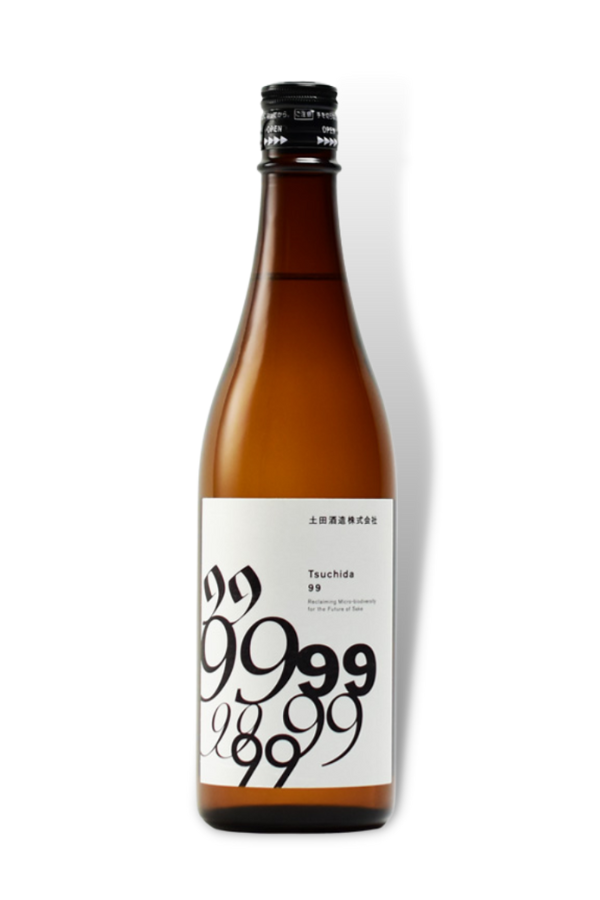Tsuchida 99
Tsuchida 99
Couldn't load pickup availability
Tsuchida 99, released every year on September 9th (the 'Day of 99'), is well-known by now. It's a sake that challenges the limits of Japanese sake, with a koji ratio (the proportion of koji rice used in the ingredients) at the extreme limit of 99%.
This year, in addition to the usual Tsuchida 99, we are also introducing a super unconventional and extremely limited edition of 99. Enjoying both will allow you to appreciate the depth of koji even more.
The 'Koji-kin' (koji mold), Japan's national mold, is indeed the most important in sake brewing.
Koji-kin is a representative mold of Japan and has been recognized as the national mold. It is indispensable in creating traditional Japanese fermented foods like miso, soy sauce, vinegar, mirin, and sake. It's very familiar to the Japanese.
In sake brewing, there's a saying, 'First koji, second moto (sake mother), third moromi (mash).' It emphasizes that koji is the most important aspect of brewing. Of course, every step is important, but koji significantly affects the subsequent processes of the sake mother and fermentation, and it is a crucial step in creating the taste and aroma of sake.
Using koji, Japan's national mold and the most important element in sake brewing, to its limit in sake is what makes 99 special. The amount of koji rice dramatically changes the flavor, expanding the possibilities of Japanese sake. The standard ratio is 20%; 99 is 99%. It's not 100 because it's sake.
The koji ratio refers to the proportion of koji rice used in the ingredients. Typically, a 20% koji ratio is standard, meaning 20% koji rice and 80% white rice are used in brewing. Our product with a 99% koji ratio is made with 99% koji rice and 1% white rice.
Why not 100%? Because the Liquor Tax Law defines Japanese sake as a product made by fermenting 'rice, rice koji, and water,' and then filtering it. In other words, we can't call it sake and wouldn't be able to brew it under a sake production license without using at least a little white rice.
We settled on 99% under the Liquor Tax Law, but the number 99 has a nice ring to it, and now I think 99% was just right


